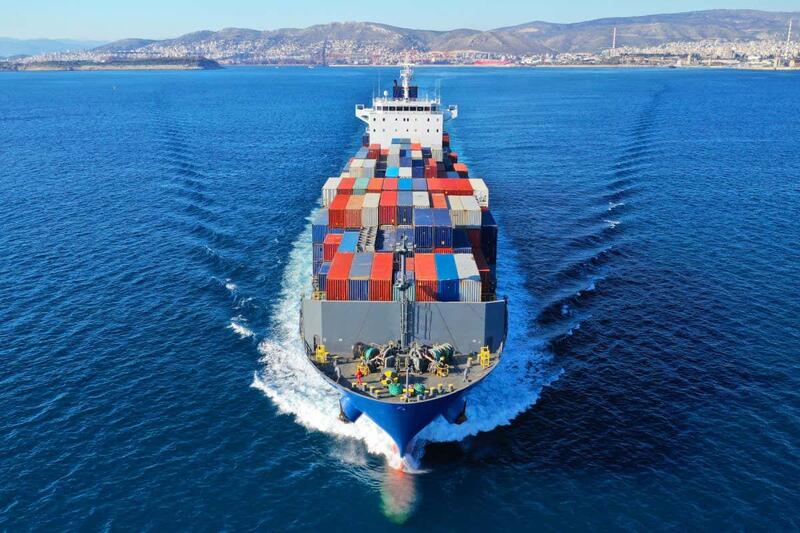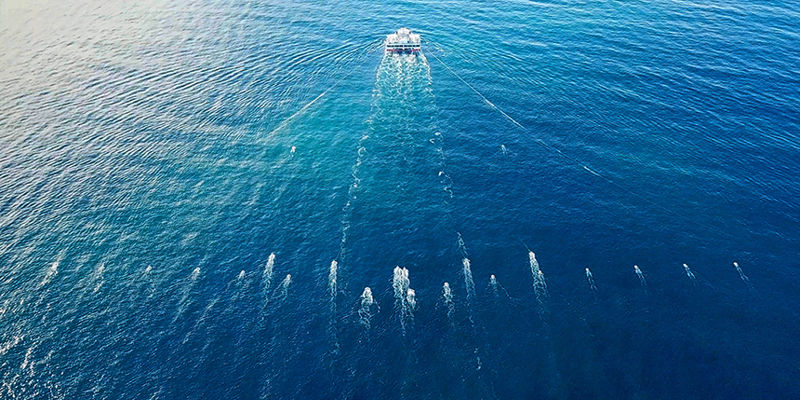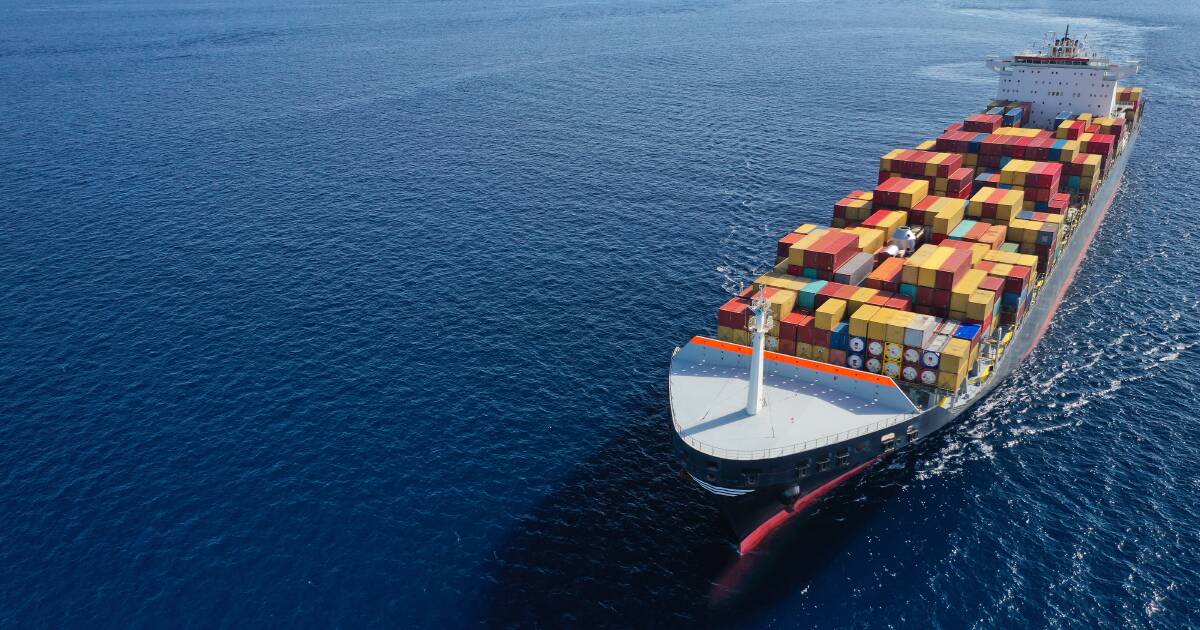
Navigating The Maritime Industry: Shipowners And Charterers
The maritime industry is a complex and multifaceted domain, where various stakeholders collaborate to ensure the smooth operation of global trade. Among the most crucial players in this industry are shipowners and charterers. Understanding their distinct roles and how they interact is essential for comprehending the dynamics of maritime logistics. This blog delves into the responsibilities, differences, and collaborative efforts between shipowners and charterers, providing a comprehensive overview of their roles in the shipping industry.
Who Are Shipowners?
-
Definition and Responsibilities
Shipowners are individuals or companies that own vessels used for transporting goods and passengers across the seas. Their primary responsibilities include:
Vessel Maintenance:
Ensuring that the ship is seaworthy and complies with international maritime regulations.Crew Management:
Hiring and managing the crew, including their welfare, training, and certifications.Regulatory Compliance:
Adhering to safety, environmental, and operational regulations set by international maritime organizations and local authorities.Insurance and Liability:
Securing insurance for the vessel and managing any liabilities that may arise from accidents or damage.Operational Management:
Overseeing the day-to-day operations of the vessel, including navigation, logistics, and communication.
-
Types of Shipowners
There are various types of shipowners, each with different motivations and operational strategies:
Independent Owners:
Individuals or small companies owning a limited number of vessels, often involved in niche markets.Corporate Owners:
Large corporations owning substantial fleets, usually operating on a global scale.State-Owned Enterprises:
Vessels owned by government entities, often used for strategic national interests or public services.Investment Companies:
Firms that invest in ships as assets, often leasing them out to other operators.
Who Are Charterers?
-
Definition and Responsibilities
Charterers are individuals or companies that lease vessels from ship owners for a specific period or voyage. Their primary responsibilities include:
Cargo Handling:
Arranging the loading and unloading of cargo, ensuring it is properly stowed and transported.Freight Management:
Negotiating freight rates and managing the financial aspects of cargo transportation.Operational Coordination:
Coordinating with ship owners and port authorities to ensure timely and efficient cargo delivery.Regulatory Compliance:
Ensuring that the cargo and transportation methods comply with international and local regulations.Voyage Planning:
Planning the route and schedule of the voyage, considering weather conditions and port availability.
-
Types of Charterers
Charterers can be classified based on their operational needs and strategies:
Voyage Charterers:
Lease the vessel for a single voyage, with specific terms for loading and unloading cargo at designated ports.Time Charterers:
Lease the vessel for a specified period, with more control over the vessel's operations and routes.Bareboat Charterers:
Lease the vessel without crew or supplies, taking on full responsibility for its operation and maintenance during the charter period.Commercial Charterers:
Companies charter vessels for their own cargo needs, often for regular and scheduled services.
Key Differences Between Shipowners and Charterers
-
Ownership and Control
Shipowners:
Have full ownership and control over the vessel. They are responsible for the vessel's maintenance, crew, and regulatory compliance.Charterers:
Lease the vessel for a specific period or voyage. They have operational control during the charter period but do not own the vessel.
-
Financial Responsibilities
Shipowners:
Bear the financial risks associated with vessel ownership, including maintenance, insurance, and liability costs.Charterers:
Pay a charter fee to the shipowner and manage the costs related to cargo handling and voyage operations.
-
Operational Focus
Shipowners:
Focus on the overall management and profitability of their fleet, ensuring vessels are well-maintained and compliant with regulations.Charterers:
Focus on the efficient and cost-effective transportation of cargo, optimizing routes, and schedules to meet business objectives.
-
Regulatory Compliance
Shipowners:
Ensure that the vessel complies with international maritime regulations and safety standards.Charterers:
Ensure that the cargo and transportation methods comply with relevant regulations, including customs and import/export laws.
Collaboration Between Shipowners and Charterers
-
Charter Agreements
The relationship between ship owners and charterers is governed by charter agreements, which outline the terms and conditions of the vessel lease. Key components of these agreements include:
Charter Type:
Specifies whether the agreement is for a voyage, time, or bareboat charter.Duration:
Defines the period for which the vessel is chartered.Freight Rates:
Details of the payment terms and rates for the charter.Responsibilities:
Outlines the responsibilities of both parties regarding vessel operation, maintenance, and cargo handling.Dispute Resolution:
Provides mechanisms for resolving any disputes that may arise during the charter period.
-
Operational Coordination
Effective coordination between shipowners and charterers is essential for successful maritime operations. This includes:
Communication:
Maintaining open lines of communication to address any operational issues promptly.Scheduling:
Coordinating schedules to ensure timely loading and unloading of cargo, as well as adherence to voyage plans.Compliance:
Collaborating to ensure compliance with all relevant regulations, including safety, environmental, and customs requirements.
-
Risk Management
Both ship owners and charterers need to manage risks associated with maritime operations. This involves:
Insurance:
Ensuring adequate insurance coverage for the vessel, cargo, and potential liabilities.Contingency Planning:
Developing contingency plans for dealing with emergencies, such as mechanical failures, weather disruptions, and cargo damage.Dispute Resolution:
Establishing clear procedures for resolving disputes related to charter agreements, operational issues, and financial matters.
The Future of Shipowner and Charterer Relationships
-
Technological Advancements
Advancements in technology are transforming the maritime industry, influencing the relationship between shipowners and charterers:
Digitalization:
The adoption of digital technologies is streamlining communication and operational processes, enhancing efficiency and transparency.Automation:
Automated systems for navigation, cargo handling, and maintenance reduce operational risks and costs.Data Analytics:
Big data analytics provide valuable insights for optimizing routes, schedules, and maintenance, improving decision-making for both shipowners and charterers.
-
Environmental Regulations
Increasingly stringent environmental regulations are impacting the maritime industry, requiring shipowners and charterers to collaborate on sustainability initiatives:
Emission Reduction:
Both parties are working together to reduce greenhouse gas emissions by adopting cleaner fuels, energy-efficient technologies, and operational practices.Compliance:
Ensuring compliance with international environmental regulations, such as the International Maritime Organization's (IMO) sulfur cap and ballast water management standards.Sustainability Initiatives:
Collaborating on initiatives to protect marine ecosystems, such as reducing plastic pollution and promoting sustainable shipping practices.
-
Market Dynamics
Market dynamics, such as fluctuations in demand and freight rates, are influencing the relationship between shipowners and charterers:
Market Cycles:
Both parties need to navigate market cycles, adjusting their strategies to remain competitive during periods of high and low demand.Freight Rates:
Negotiating fair and flexible freight rates that reflect market conditions and the operational needs of both parties.Partnerships:
Building long-term partnerships to enhance stability and resilience in a volatile market environment.
The relationship between ship owners and charterers is central to the maritime industry, underpinning the efficient and effective transportation of goods across the globe. By understanding their distinct roles, responsibilities, and the dynamics of their collaboration, stakeholders can navigate the complexities of maritime logistics more effectively. As technological advancements and environmental regulations continue to shape the industry, ship owners and charterers must work together to innovate, adapt, and ensure sustainable and profitable operations. The future of maritime trade depends on the strength and synergy of these essential partnerships.

